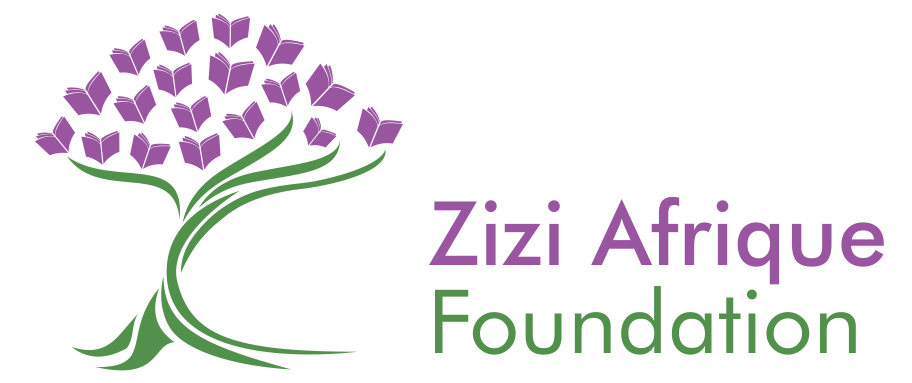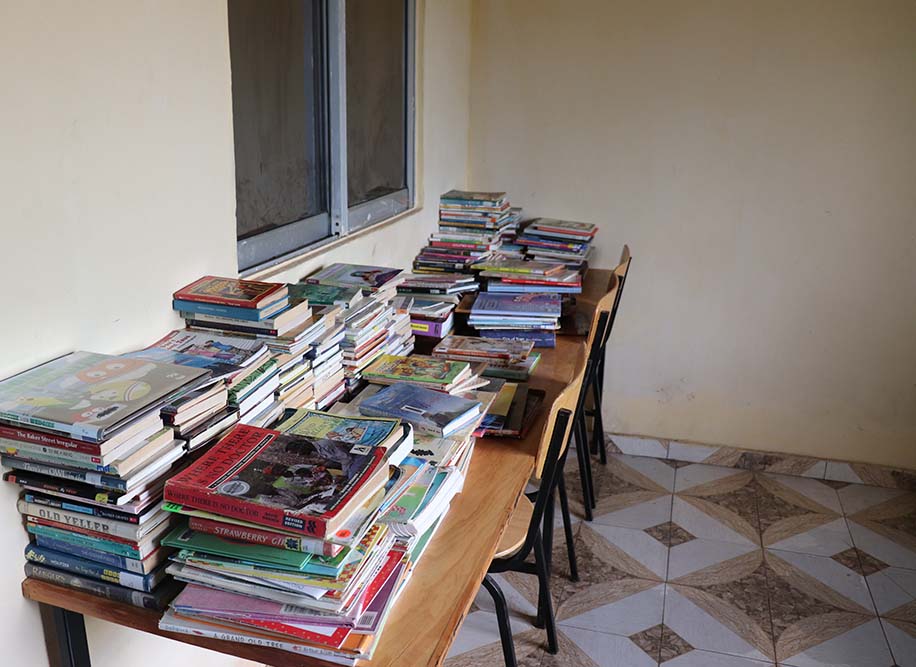One sunny Sunday morning, in mid-August this year, the charm of St. Peters Anglican Church in Mariakani, lured me to join the flock, in worship.
The 300-seater sanctuary is anchored on sturdy stone and sheltered under some resilient iron sheets, that have dared the coastal elements for decades. Located 38km from the bustling Mombasa city, the church towers many buildings in Mariakani town.
Inside the church, some two screens perched on the sacred walls struggle to pop up projected hymns and prayers, yet they are supposed to save the congregants with common lines, throughout the service.
“I can hardly read anything up there; the screens are too high, and the font is too small,” complained a faithful, with whom we shared a pew. I observed that many members of the congregation were elderly and struggled to follow the writings on the wall. I wondered whether they could read at all.
Before long, the lay reader roared, “Our first reading comes from second Kings chapter six, verse eight to twenty-three…”
However, it is only the verse announcement that reached our ears with commendable coherence. The rest of her reading went staccato, punctuated with frequent self-corrections that revealed her conflict of grammar almost as though she was in a similar dilemma that the King of Aram, in the text was in, given the leakage of information that was always reaching his enemies, the Israelites.
You could see the congregation trying to endure her reading. A thought pricked my mind, how is literacy among adults, and how are they coping with the changing world of screens and tweets?
In church, worshippers often have many texts to read, be it the Holy Bible, the prayer books, registration forms, songs, and all. However not so much of adult literacy training goes on in such religious spaces.
As the world marked International Literacy Day 2023, the theme emphasized the need to promote literacy and build foundation for sustainable peaceful societies.
But peace beckons many virtues for its sustenance. This would include respect, collaboration and problem-solving. Such are some of the skills that are being propagated by Action for Life Skills and Values in East Africa (ALiVE) and My Village project. While the latter is implemented by People’s Action for Learning (PAL) Network, ALiVE is an initiative of the Regional Education and Learning Initiative, RELI. They approach interventions with the belief that non-academic competencies like self-confidence, self-esteem, and courage are critical in promoting literacy even among adults. In many non-classroom settings, adults will rarely attempt reading activities that may leave them embarrassed.
In the case of the Mariakani Anglican church for instance, it would take just one congregant to speak out and say that the narrow screens are limiting eligibility of texts and as such not useful. If the church administration takes feedback respectfully, a collaborative effort may yield another strategy, like screening content on a large part of the sanctuary wall for all to see, and hopefully, read or practise reading. A further probe may unearth other literacy challenges which may inform how the services can be conducted in a way to cater for the literacy and comprehension needs of majority of congregants.
The lay reader is not spared, her challenges further stamp the need to address literacy at all levels, as it extends far beyond the confines of a classroom or even a single church service. Pushing literacy lessons to the home environment may also improve reading and writing skills for both adults and their young ones and encourage their bonding.
Parents play an important role in creating and supporting this unique ‘classroom’. Being accommodative to allow the child to make mistakes without being too critical helps build their self-confidence. However, these trial-and-error episodes are only practical in an environment with authoritative parenting, where discussion and reasoning take precedence over dictatorship. Literacy development is an ongoing journey with no definitive endpoint. Therefore, it’s essential for all parents to make deliberate efforts to inculcate these non-academic in themselves and their children, as it not only promotes but also sustains a lifelong love for learning and literacy.
Literacy is like an usher to a world of opportunities.


